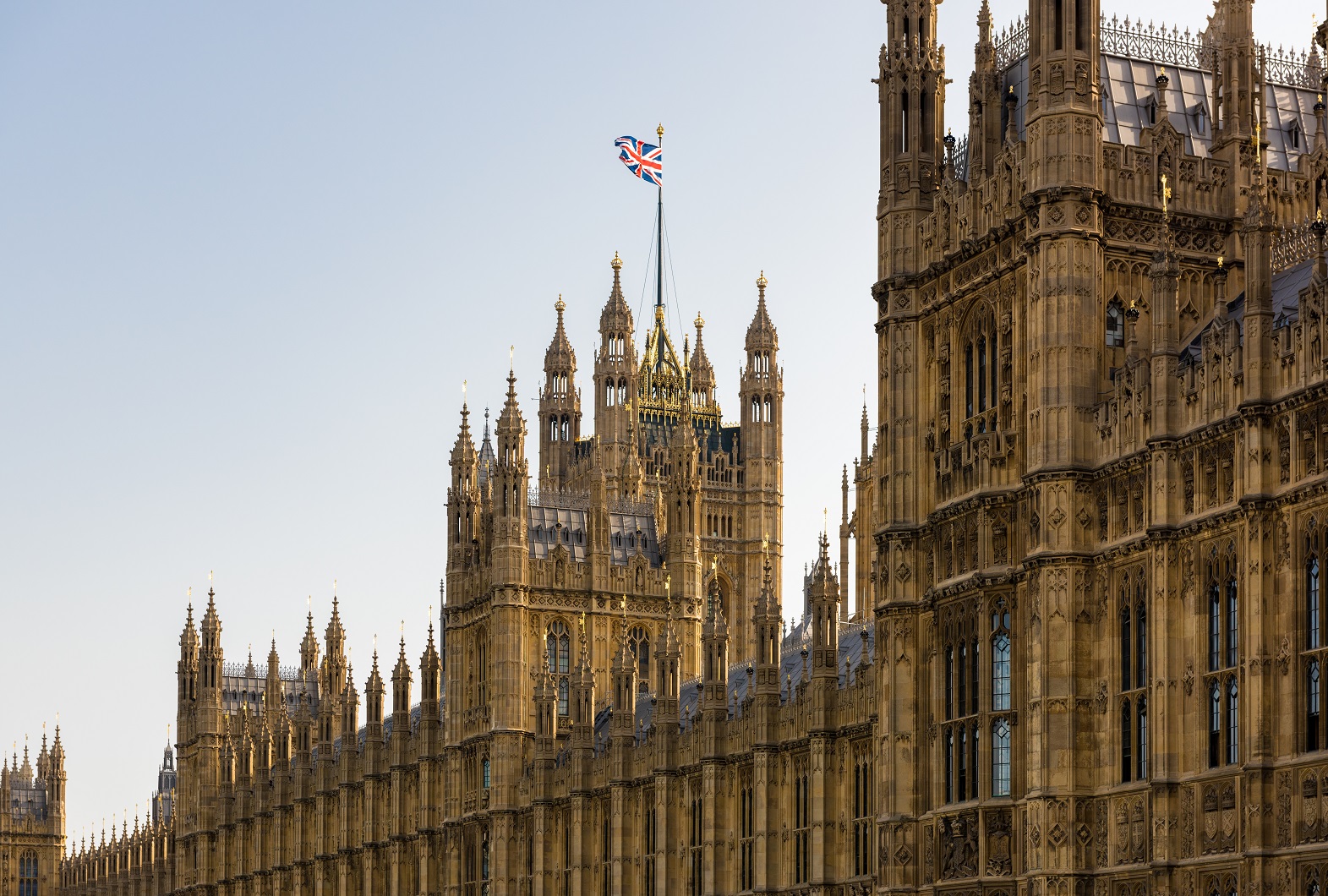Chancellor Rachel Reeves delivered a minimal fiscal update on 26th March, honouring her pledge of one key fiscal event per year. Despite its brevity, the announcement included significant financial and economic updates impacting the charity sector.

Impact of 2025 UK Spring Statement on Charities
Article last updated 1 April 2025.
On the 26th March, Chancellor Rachel Reeves stuck to her promise of just one key fiscal event per year. Paul Johnson, Director of the Institute of Fiscal Studies, noted "This was just about the smallest fiscal event Rachel Reeves could have managed in the context of her fiscal rules”, though the announcement still included updates that will have material financial and economic implications for the charity sector.
The Spring Statement was all about the Office for Budgetary Responsibility’s (OBR’s) “scoring.” After downgrading growth projections for 2025, they’ve upgraded them for the following three years. In simpler terms: not a great immediate outlook, but a brighter future—or at least, that's the hope. There will be no further tax hikes (for now), with economic growth projections cut from 2% to just 1% in 2025 but increased from 2026 onward. Weak growth and higher borrowing costs have wiped out the fiscal buffer that Chancellor Reeves had against her self-imposed rules. Naturally, the Chancellor needed to tighten fiscal policy—likely to be deeply unpopular—or cut spending to restore some breathing room. Given the previous hike in employer National Insurance Contributions last autumn, cuts to spending always seemed more likely, and that’s exactly what happened. The government’s pre-announcement strategy contributed to muted market reactions, with investors acknowledging that the measures were necessary, but not quite the change required to address long-term issues like sluggish productivity and weak economic growth.
One area that took a significant hit was welfare, with Universal Credit and Personal Independence Payments (PIP) bearing the brunt of the cuts. Health-related universal credit for new claimants, which was already due to be halved from April 2026 under a package announced last week, will also now be frozen until 2030. There will be stricter eligibility tests for PIPs, the main disability benefit, from November 2026. The independent think tank the Resolution Foundation has warned that changes to PIP could result in between 800,000 and 1.2 million people losing between £4,200 and £6,300 annually by 2029-30.
Responses from the charity sector have been mixed. Jay Kennedy, Director of Policy and Research at the Directory of Social Change, expressed concern over the lack of clarity regarding the future of EU funding, which leaves many charities uncertain about their funding sources in the years ahead. The National Children’s Bureau welcomed the government’s commitment to eradicating child poverty but acknowledged the Department for Work and Pensions' (DWP) own admission that the effect of welfare reforms will worsen the situation for many vulnerable families. As a result, charities are likely to face increased demand for support from disadvantaged families, including those with disabilities.
As noted, the looming increase in employer NIC contributions, which takes effect next month, is expected to significantly impact the charity sector, with many organisations already facing rising operational costs. The National Trust has announced a temporary freeze on non-essential recruitment due to an anticipated £10 million rise in staff costs. Beyond welfare policy, the Chancellor’s statement included plans for increased public investment and a focus on defence spending.
The OBR noted that without action, the government would miss its self-imposed rule to balance spending against taxes by 2030. Factoring the policies that were announced, the Chancellor has left herself with exactly the same £9.9bn sliver of headroom as she had in October. This leaves little room for error, and should economic conditions deteriorate further, it will give rise to further questions and speculation about the potential for tax increases come the autumn. That would be an unwelcome distraction for the government, and indeed the economy.
In conclusion, the charity sector continues to call for urgent dialogue with the government to explore additional support measures, such as fiscal relief for frontline organisations and a focus on long-term sustainability. The government can be commended for protecting investment spending in a difficult environment but with many charities already operating at full capacity, it’s crucial that policymakers find the right balance.




